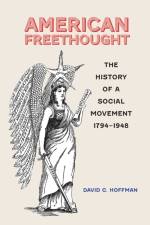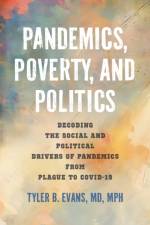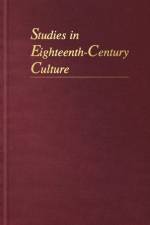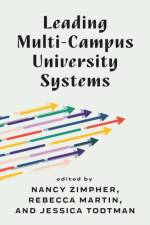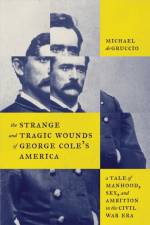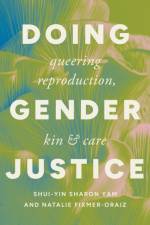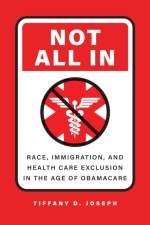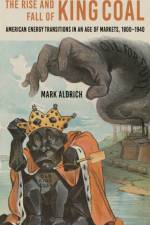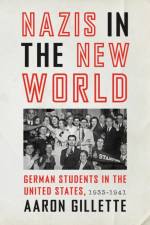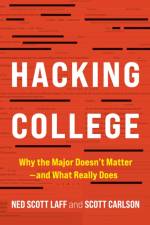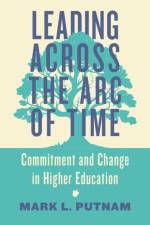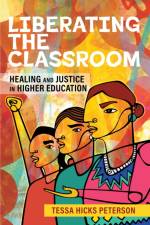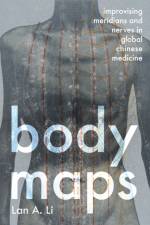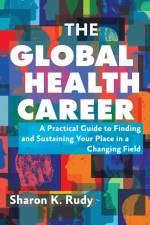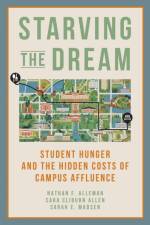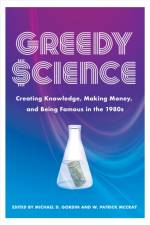av Jessica A. Brockmole
449,-
A fascinating history of how the automotive industry and consumers battled to define what women wanted in a car.Since the commercial introduction of the automobile, US automakers have always sought women as customers and advertised accordingly. How, then, did car culture become so masculine? In Pink Cars and Pocketbooks, Jessica Brockmole shares the untold history of women's relationship with automobiles: a journey marked by struggle, empowerment, and the relentless pursuit of independence. This groundbreaking work explores the evolution of women's automotive participation and the cultural shifts that have redefined their roles as drivers, mechanics, and consumers. Brockmole traces the rise of gendered marketing of automobiles over the course of the twentieth century. Auto companies created ads that conformed to commonly held ideas about women's relationships with automobiles. As the century progressed, marketing to women became less informative and even more gendered: the automotive industry portrayed women as passengers, props, or reluctant drivers, interested primarily in aesthetics. And yet, by the 1970s, female drivers were communicating directly with each other, forming clubs, and teaching each other through women-focused repair manuals. By examining market research studies, advertising archives, trade journals, women's magazines, newspapers, driving handbooks, and repair manuals, this book shows how women bought their way into the automobile and masculine car culture. Brockmole uncovers the stories of pioneering women who defied conventions, such as trailblazer Alice Ramsey, the first woman to drive across the United States in 1909, and Barb Wyatt, whose contributions to automotive manuals broke new ground. Women have always been users of technology, and this book illustrates how the auto industry evolved-as well as how it chose not to evolve-in response.


